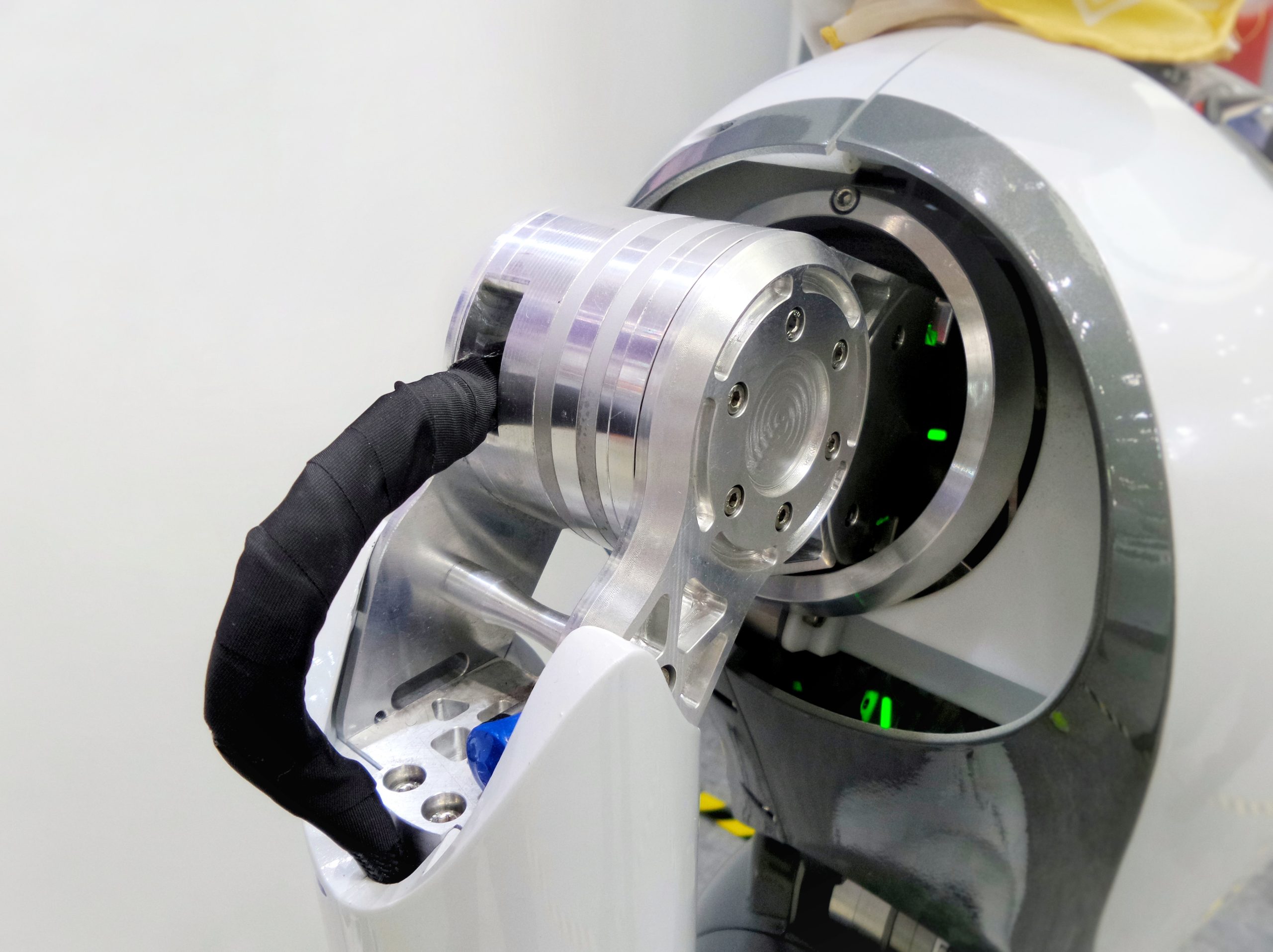Matt Welsh, Fixie’s co-founder and ex-Google and Apple developer, wowed Harvard’s CS50 with his captivating talk, engaging both students and experts.
His thought-provoking discourse challenged conventional notions about the trajectory of computer science, particularly in the realm of AI integration.
Welsh commenced his address with a bold assertion, suggesting potential doom for computer science due to an enduring challenge to the human element.
Despite half a century of advancements in programming languages and tools, human limitations persist in programming, prompting Welsh to question whether additional decades of effort could surmount this fundamental barrier.
Beyond highlighting this pessimistic outlook, Welsh navigated toward exploring the future landscape of computer science.
Matt Welsh posed questions regarding the formalization of working with large language models, envisioning a potential engineering discipline that harmonizes human input and AI output. This evolving field seeks to transform the enigmatic process of working with AI into a scientific discipline, fostering enhanced collaboration between humans and artificial intelligence.
Welsh’s Queries on AI Capabilities

A primary takeaway from Welsh’s lecture was the necessity to teach AI models new skills. As large language models gain prominence, understanding effective communication with them becomes pivotal.
Engineers are uncovering hidden capacities within these models, emphasizing the significance of experimental approaches to develop a guidebook for optimal AI interaction a development poised to reshape programming approaches significantly.
While acknowledging the transformative potential of AI, Welsh posed critical queries regarding the models’ capabilities, stressing the need for a formal framework to assess their correctness in specific tasks. He deliberated on the potential coexistence of AI and human programmers, envisioning a future where both entities iterate together, leveraging their respective strengths.
Matt Welsh’s insights prompted contemplation about the evolution of computer science education. He advocated for curricula focusing on AI mechanics, data handling, model construction, limitations, and critical evaluation.
Emphasizing critical thinking over perceiving AI as a mystical black box, Welsh advocated adapting computer science programs to equip students for an AI-centric future. The discourse culminated in the acknowledgment that AI and human programmers possess distinctive qualities, with the potential for mutual enhancement rather than replacement.
As the industry evolves, adapting education to nurture a nuanced understanding of AI’s mechanics and limitations stands as a pivotal task to prepare future computer scientists for the AI-driven landscape.


Comments are closed.